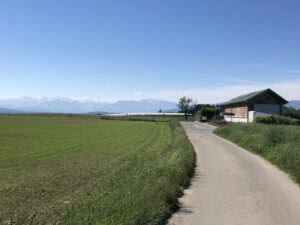 You would think after living in the world’s Most Tidy Country I would have adopted some of their clutter free lifestyle. Alas after residing in the same house in Switzerland for over 2 decades I have amassed a truck load of artifacts, books, T-shirts, photographs, medals, basketballs and other memorabilia.
You would think after living in the world’s Most Tidy Country I would have adopted some of their clutter free lifestyle. Alas after residing in the same house in Switzerland for over 2 decades I have amassed a truck load of artifacts, books, T-shirts, photographs, medals, basketballs and other memorabilia.
As a history collector, a memory keeper, how do I part with boxes of stuff.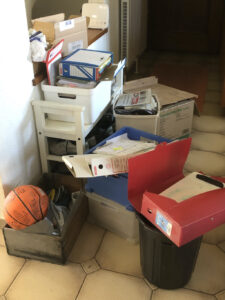
Am I missing the clean gene?
Or can tidiness be part of a national identity inherent in small countries where space is at a premium?
I do not have any messy Swiss friends, nor has a “native” ever entered my home without automatically taking off his/her footwear. Even the children are trained to park their shoes at the door.
Marie Kondo, a Japanese woman, created a global movement of mindfulness to organize space and eliminate the vicious cycle of clutter. She would love Switzerland.
The Swiss must instinctively adhere to her number selection criteria – “does it spark joy?”
She insists: keep only those things that speak to your heart. Do Beanie Babies, books and bags count?
Am I the only one who finds joy in preserving plastic bags triggering memories of special people, places and events? Yes, I have bags labeled NBA store in NYC, Nathalie’s Boutique in southern France and Nicolas Wine Shop in Paris.
According to Kondo when we really delve into the reasons for why we can’t let something go, there are only two: an attachment to the past or a fear for the future.
I suffer from both making it doubly hard.
Another tip she stresses, don’t let your family see what you are doing. They will inevitably want to keep everything you want to pitch.
“People have trouble discarding things that they could still use (functional value), that contain helpful information (informational value), and that have sentimental ties (emotional value). When these things are hard to obtain or replace (rarity), they become even harder to part with.”
When you were raised in the American midwest where garages are bigger than European homes and filled with more junk than a Dollar Store, downsizing stuff does not come naturally. It so much easier to just chuck it in the garage.
Afte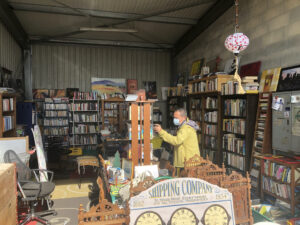 r living in a country so clean you could eat off the street, where wood piles are stacked as neatly as Jenga blocks and spotless garages contain nothing more than shiny new cars, I still wonder where the Swiss store junk?
r living in a country so clean you could eat off the street, where wood piles are stacked as neatly as Jenga blocks and spotless garages contain nothing more than shiny new cars, I still wonder where the Swiss store junk?
Chalet like style outbuildings are surrounded by gardens of flowers and shubbery.
At some, like ours, secondhand wares are tidily diplayed as gift shops. Since garage sales do not exist here, people can browse the local recycle centers that look more like lending libraries.
In a country as wealthy as Switzerland even junk is topnotch quality. Unfortunately I am no longer allowed to go to the dump here. I always bring back home more stuff than I threw away.
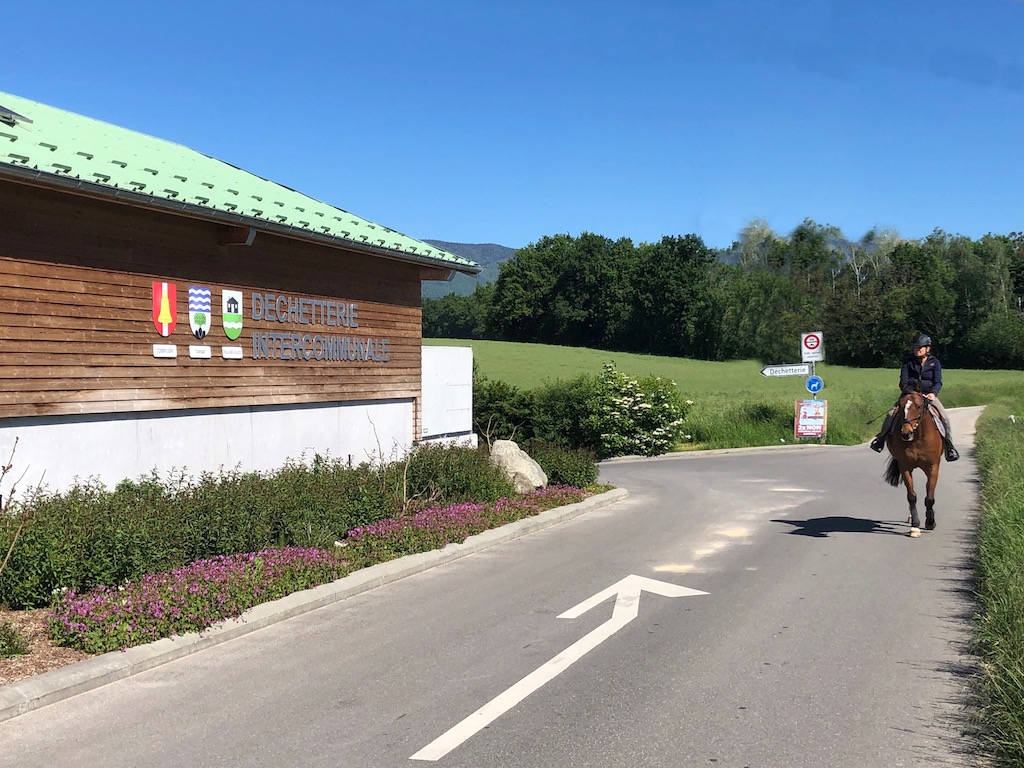
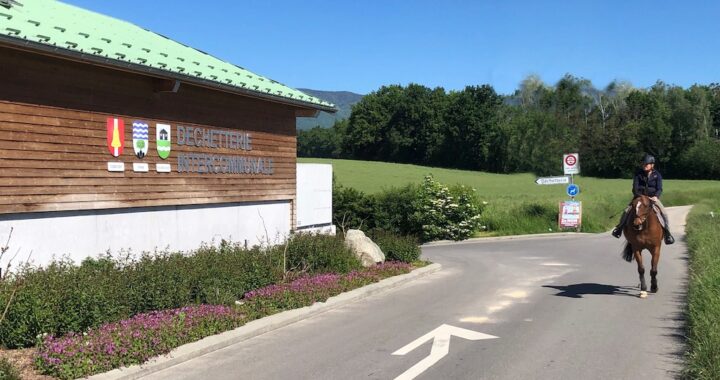
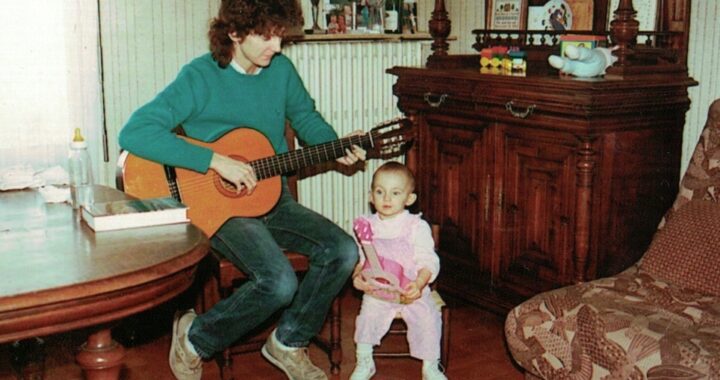
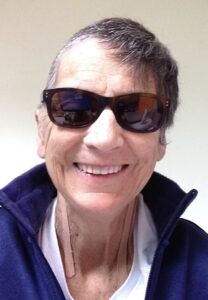 My head hurt, my face hurt, my right side hurt. One side of my head was shaved. I reached up and traced the scar dissecting my skull from my forehead to my earlobe.
My head hurt, my face hurt, my right side hurt. One side of my head was shaved. I reached up and traced the scar dissecting my skull from my forehead to my earlobe.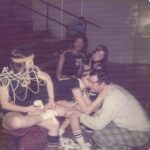 to hallucinations.
to hallucinations. With my daughter, nieces, siblings and dear mom, helping him regain mobility and self care, my determined dad learned how to push out of his chair and walk unassisted again. Just like I once I relearned how to tie my shoes, grasp utensils, and button my shirt.
With my daughter, nieces, siblings and dear mom, helping him regain mobility and self care, my determined dad learned how to push out of his chair and walk unassisted again. Just like I once I relearned how to tie my shoes, grasp utensils, and button my shirt.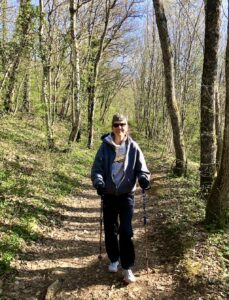
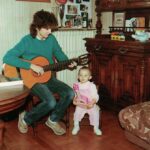

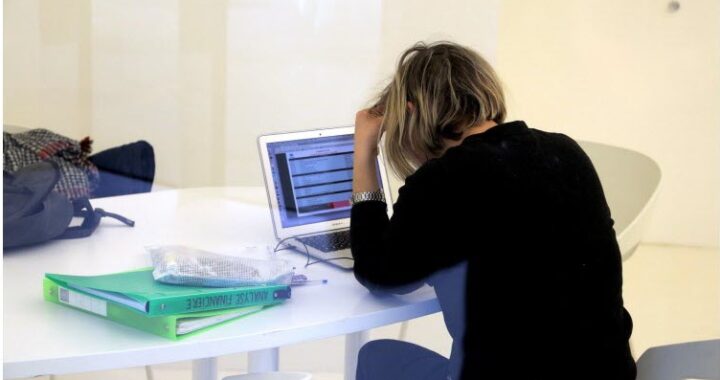
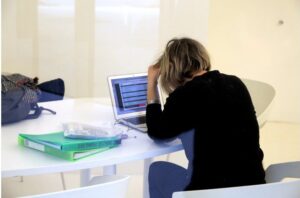 Most people may need counseling especially these days due to the Covid-19 outbreak. Including me. One-third of the people suffering from brain injuries, like mine, develop major depression. Depression may be precipitated by genetics, circumstances, illnesses or unforeseeable and uncontrollable events. For example, the current world pandemic affects our mental health in ways we could never have imagined.
Most people may need counseling especially these days due to the Covid-19 outbreak. Including me. One-third of the people suffering from brain injuries, like mine, develop major depression. Depression may be precipitated by genetics, circumstances, illnesses or unforeseeable and uncontrollable events. For example, the current world pandemic affects our mental health in ways we could never have imagined.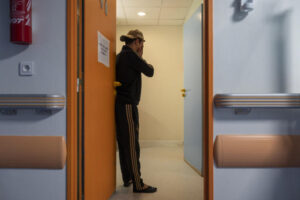
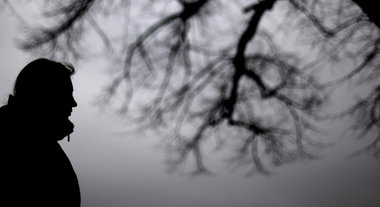
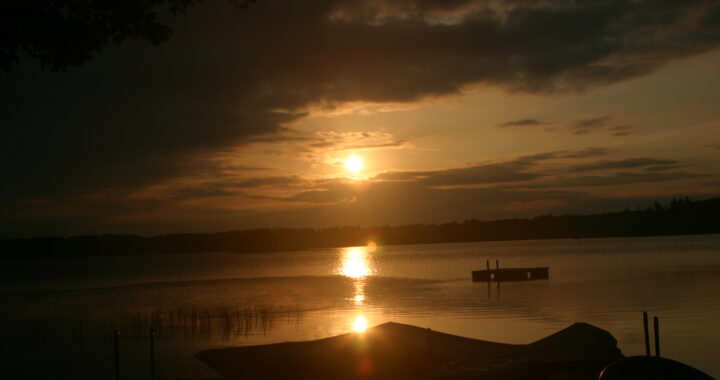
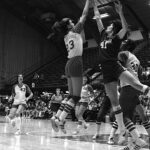 One moment I was living my dream as a professional basketball player in Europe, driving past my opponent with perfect body control releasing the ball so gently it kissed the backboard. The next instance, I was spinning weightlessly through air when our car flipped off a 100 foot embankment into France’s La Meuse River leaving me clawing against an icy current.
One moment I was living my dream as a professional basketball player in Europe, driving past my opponent with perfect body control releasing the ball so gently it kissed the backboard. The next instance, I was spinning weightlessly through air when our car flipped off a 100 foot embankment into France’s La Meuse River leaving me clawing against an icy current.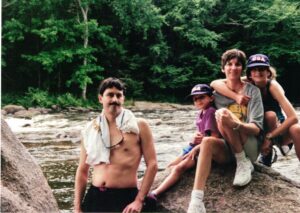
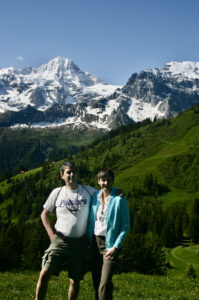
 I lived near the Eiffel Tower in Paris and at the foothills of the Alps on Lake Geneva. I stood on Mt. Blanc and the Acropolis in Athens. I rode horses on the beach in the Camargue and floated down the canals of Venice. I walked in the shadows of my forefathers at Scotland’s McKinzie Castle and along the Norwegian fjords of my Olson ancestors above the Arctic Circle.
I lived near the Eiffel Tower in Paris and at the foothills of the Alps on Lake Geneva. I stood on Mt. Blanc and the Acropolis in Athens. I rode horses on the beach in the Camargue and floated down the canals of Venice. I walked in the shadows of my forefathers at Scotland’s McKinzie Castle and along the Norwegian fjords of my Olson ancestors above the Arctic Circle.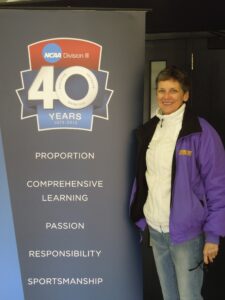 I wrote a book that led to an invitation to speak at the U.S. Senior National Games, an NCAA Final Four basketball banquet and commencement at the prestigious International School of Geneva, founder of international baccalaureate.
I wrote a book that led to an invitation to speak at the U.S. Senior National Games, an NCAA Final Four basketball banquet and commencement at the prestigious International School of Geneva, founder of international baccalaureate.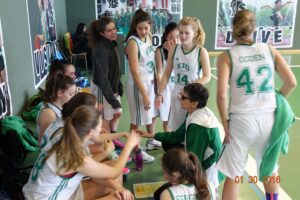 In the meantime, I keep fighting to go on, pulling up someone else, pushing another forward. After all my struggles, this much I know to be true. We are in the game together.
In the meantime, I keep fighting to go on, pulling up someone else, pushing another forward. After all my struggles, this much I know to be true. We are in the game together.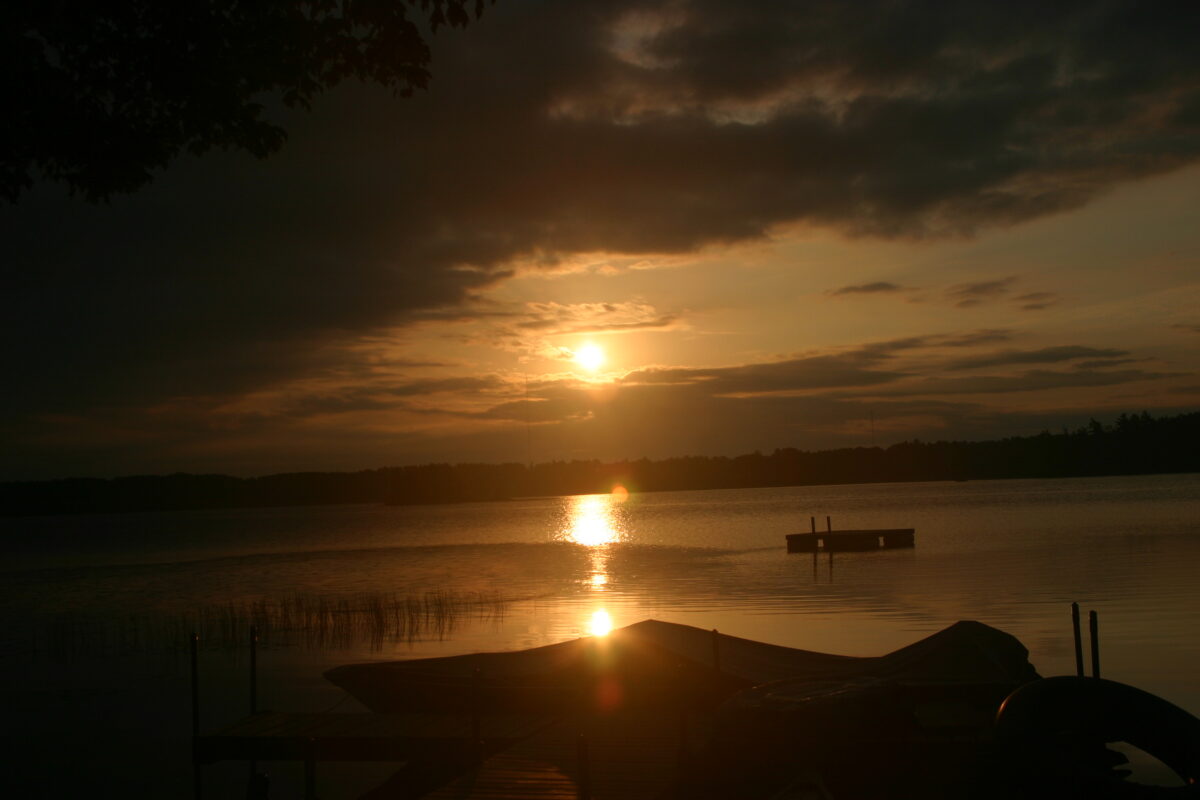
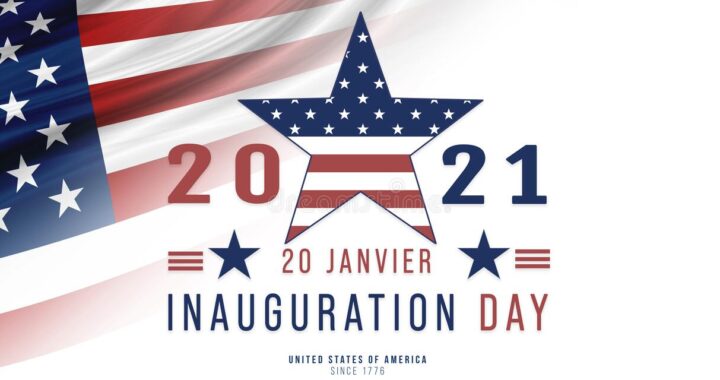
 Kamala Harris, lost the democratic nomination but won the ticket as Biden’s VP and broke the glass ceiling by becoming the 1st female vice president, 1st African-American and 1st Asian-AmericanVP. She inspired young girls everywhere to dream.
Kamala Harris, lost the democratic nomination but won the ticket as Biden’s VP and broke the glass ceiling by becoming the 1st female vice president, 1st African-American and 1st Asian-AmericanVP. She inspired young girls everywhere to dream.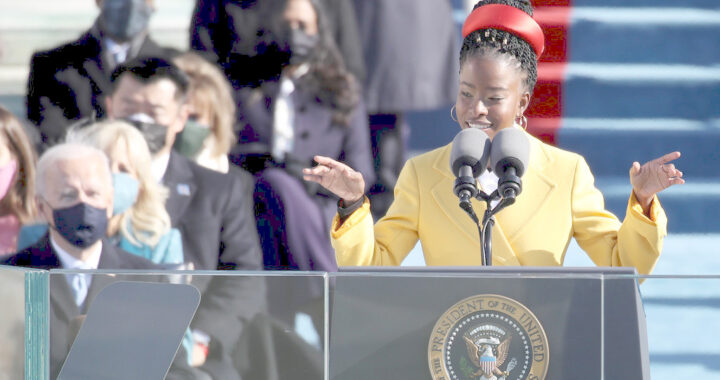
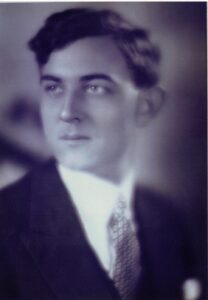 On a smaller scale, heroes exist within our own families. Like my maternal grandparents who came to America for a better life. When my Norwegian grandpa Gustav lost his job during the Great Depression, he walked to the Chicago Public Library everyday to read books because he always wanted to be educated but never had the opportunity.
On a smaller scale, heroes exist within our own families. Like my maternal grandparents who came to America for a better life. When my Norwegian grandpa Gustav lost his job during the Great Depression, he walked to the Chicago Public Library everyday to read books because he always wanted to be educated but never had the opportunity.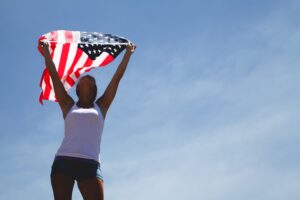
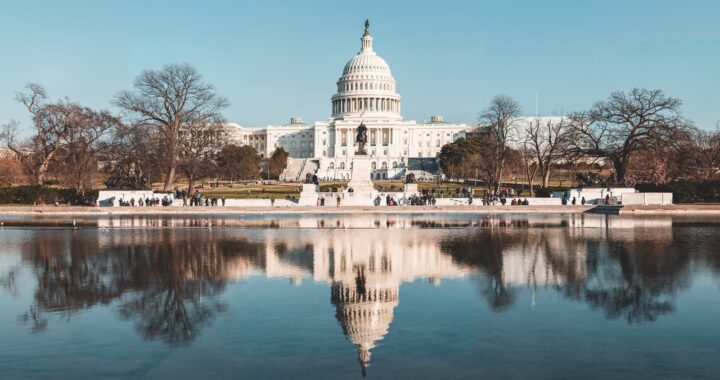
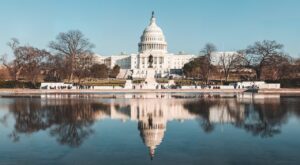 ur years under the leadership of this madman ended in this deplorable moment in our history, leaving American citizens shocked, appalled, humiliated and terrified. It degraded our image and lowered our status among other countries.
ur years under the leadership of this madman ended in this deplorable moment in our history, leaving American citizens shocked, appalled, humiliated and terrified. It degraded our image and lowered our status among other countries.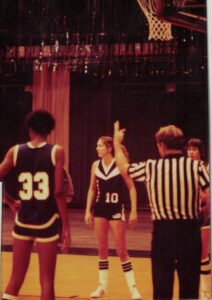 In my twenties I called it home, when I was a player for the professional basketball team, the
In my twenties I called it home, when I was a player for the professional basketball team, the Long after I moved to Europe, DC remained imprinted in my heart - Fort Belvoir, a US Army base where we practiced, the DC Armory, the national guard training arena, where we played our games, and the Capitol Center where we toured. A kaleidoscope of memories collide warm family meals, heated basketball games, cozy jazz clubs in historic Georgetown, and landmarks of American history.
Long after I moved to Europe, DC remained imprinted in my heart - Fort Belvoir, a US Army base where we practiced, the DC Armory, the national guard training arena, where we played our games, and the Capitol Center where we toured. A kaleidoscope of memories collide warm family meals, heated basketball games, cozy jazz clubs in historic Georgetown, and landmarks of American history.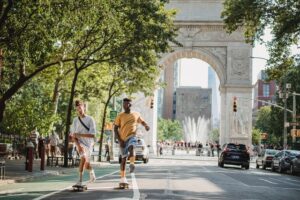 Before an entire country can heal, we must begin with one person. Reach out. Get to know someone of another religion, race, culture, ethnicity and learn about their universe. What foods do they eat? What holidays do they celebrate? What language do they speak? What deities do they worship? What fears do they face of living in the USA? How can they be made to feel welcome here?
Before an entire country can heal, we must begin with one person. Reach out. Get to know someone of another religion, race, culture, ethnicity and learn about their universe. What foods do they eat? What holidays do they celebrate? What language do they speak? What deities do they worship? What fears do they face of living in the USA? How can they be made to feel welcome here?